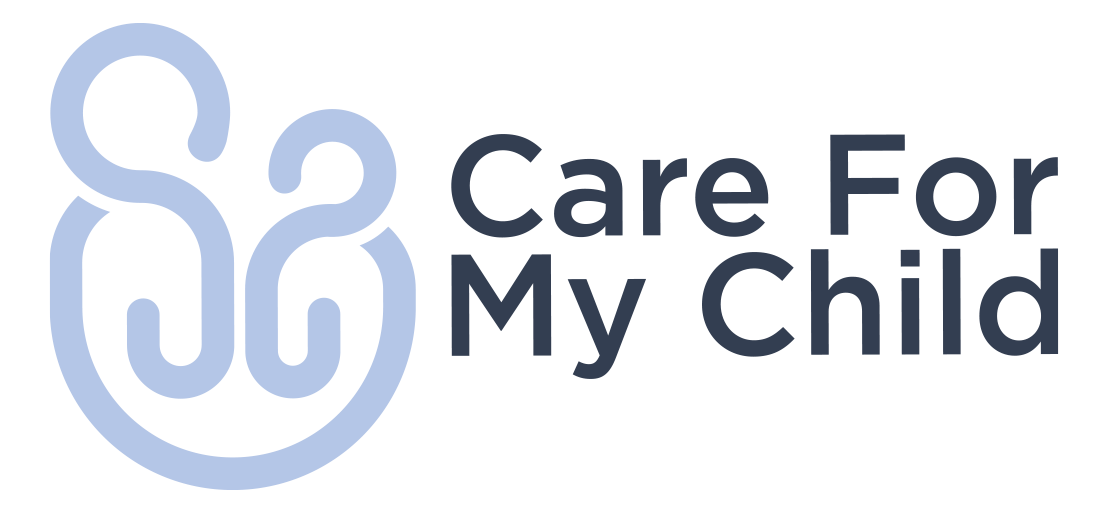Born Early but Brave: Premature Babies - Part 1
Introduction:
Bringing a child into the world is a wonderful experience, marked by joy, anticipation, and dreams for the future. For some families, this journey takes an unexpected turn with the arrival of a premature baby. Premature birth, defined as childbirth before 37 weeks of pregnancy have passed, presents unique challenges and emotions for both parents and healthcare professionals. In this blog, we will explore the world of premature babies, shedding light on their remarkable resilience, the challenges they face, and the support systems available for families on this unexpected journey.
Understanding Premature Birth:
Premature birth can occur for various reasons, such as multiple pregnancies, infections, chronic conditions, or complications during pregnancy. Despite medical advancements, the exact causes of premature birth are not always clear. The defining factor, however, is the need for specialized care and attention to support the baby's development outside the womb.
The Fragility of Early Life:
Premature babies, often referred to as preemies, enter the world with a delicate balance between fragility and resilience. Their underdeveloped organs, particularly the lungs and brain, require careful monitoring and intervention. Neonatal intensive care units (NICUs) become a second home for these tiny fighters, providing a controlled environment where medical professionals work tirelessly to support their growth and development.
Challenges Faced by Premature Babies:
There are a number of complications that can arise as a result of being born early. Some examples of these complications can include:
Respiratory Distress Syndrome (RDS): Premature infants frequently face challenges in breathing due to underdeveloped lungs. RDS is a common complication that may require respiratory support such as ventilators or surfactant therapy.
Feeding Difficulties: Premature babies may struggle with feeding due to an underdeveloped suck and swallow reflex. Specialized feeding techniques and, in some cases, tube feeding may be necessary.
Temperature Regulation: Premature infants struggle to regulate their body temperature, making it crucial for them to be kept in a warm and controlled environment.
Infections and Illness: Preemies have a higher susceptibility to infections due to their immature immune systems, necessitating vigilant monitoring and preventive measures.
Celebrating Resilience:
Despite the challenges, premature babies exhibit remarkable resilience. Advances in medical technology and neonatal care have significantly improved survival rates and long-term outcomes for preemies. Many premature infants grow into thriving, healthy children, demonstrating the strength of the human spirit and the dedication of medical professionals.
Supporting Families on the Premature Journey:
Emotional Support: Parents of premature babies often experience a range of emotions, from fear and anxiety to hope and joy. Providing emotional support through counseling, support groups, and connecting with other families who have experienced similar journeys can be immensely beneficial.
Education and Information: Understanding the medical aspects of premature birth can empower parents to actively participate in their baby's care. Healthcare providers play a crucial role in providing clear and accessible information to help families navigate this challenging path.
Community and Advocacy: Advocacy groups and communities focused on premature birth offer a platform for sharing experiences, resources, and advice. These networks can be a source of comfort and understanding for families facing similar challenges.
Conclusion:
The journey of a premature baby is marked by uncertainty, strength, and hope. It is a testament to the resilience of both the tiny fighters and the families who support them. As we continue to learn more about premature birth and invest in research and support systems, we move towards a future where every child, regardless of their early entrance into the world, has the opportunity to lead a healthy and fulfilling life.
Further Reading and Resources:
BLISS Charity - For babies born premature or sick | Bliss



